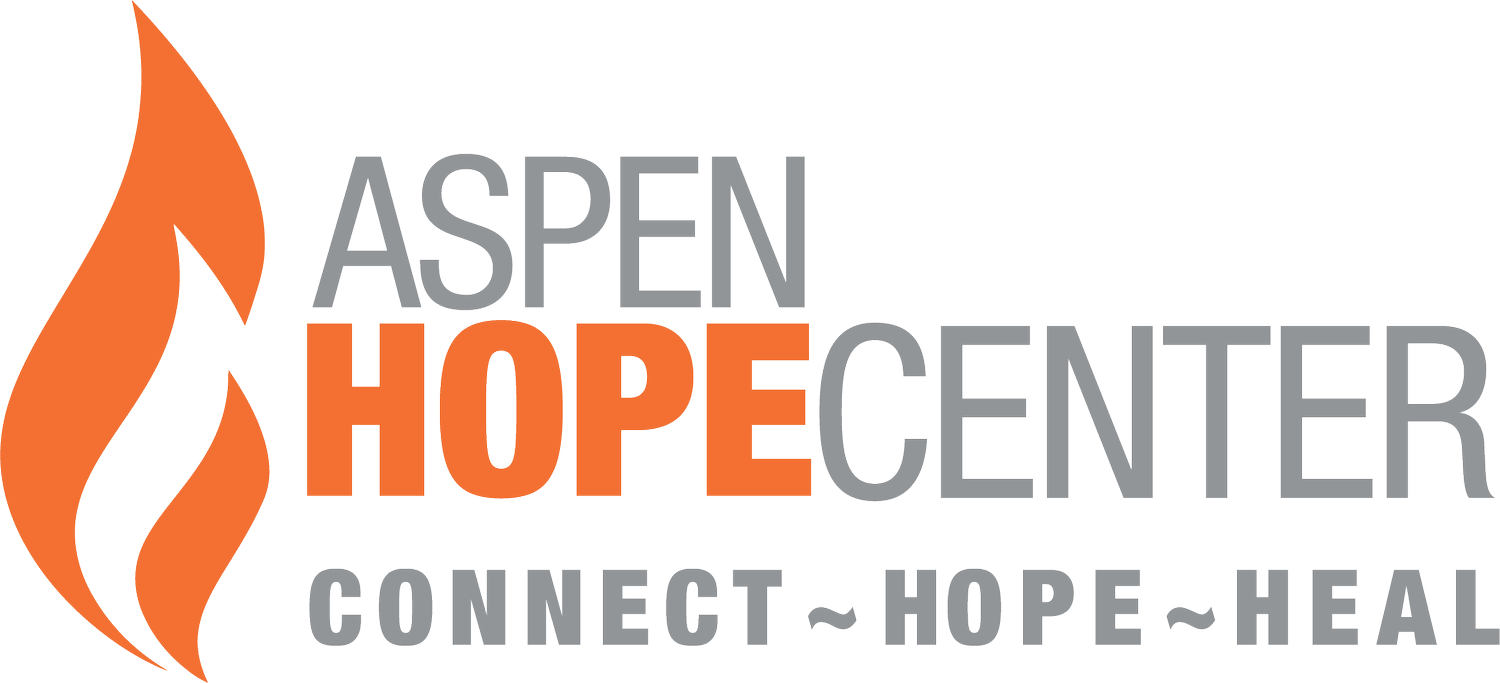Looking back with pride
Josie Taris, Aspen Daily News Staff Writer
Talking openly about mental health struggles once attracted stigma more than help.
Aspen Hope Center, a Roaring Fork Valley-based crisis intervention nonprofit, has worked tirelessly for 14 years to flip that script.
The Hope Center will honor one of its founding members, 14-year board president Sandy Iglehart, as she plans to step down from her role at the end of the year after years of teaching people to talk about mental health.
“The main thing that needs to be driven home here is education on this subject that people are still sometimes hesitant to talk about,” Iglehart said. “If we don't talk and engage and connect, human beings will never get there.”
Iglehart helped start the Hope Center after the loss of her daughter, Courtenay, to suicide in May 2009. Her daughter had dealt with a protracted history of mental health struggles and substance use problems.
The fact that her daughter had taken her own life shocked her, Iglehart said.
“I never ever thought that that would happen. I thought that I would lose her because of her self medication with drugs and alcohol,” she said. “I didn't really know that much at that time about the the residue of suicide, I mean, how it impacts a family.”
After the loss, Iglehart was approached by Kris Marsh, CEO of Aspen Valley Medical Foundation, to speak at the latest crisis symposium about her family’s story. Iglehart recalled that at a previous symposium, personal stories were hard to find and most people felt uncomfortable talking about their experiences with mental health crises.
Iglehart did many speaking engagements for the foundation, and in June 2010, the Aspen Hope Center was born. Iglehart and Michelle Muething, longtime crisis clinician and executive director of the Aspen Hope Center until earlier this year, were part of the first Hope Center team.
The four pillars of the Hope Center’s service revolve around crisis work: a 24/7 crisis line, a mobile crisis team, a stabilization program and a robust education and outreach program.
“We will never be all things to all people. Our main focuses are education and crisis,” Iglehart said. “We are a crisis intervention agency. And I hope someday that I can say that we are a crisis prevention agency.”
The foundation kept the Hope Center afloat for three years before they were “cut loose financially.” Without the approximate $360,000 budget afforded to the Hope Center by the foundation, Muething and Iglehart had to go to the community to save their nonprofit.
“Michelle and I had $1,700 in our bank account for the Aspen Hope Center and six employees,” Iglehart said. “The rest is history. Here we are 11 years later, my friends stepped up and saved the Hope Center.”
Today, nearly 50 Hope Center employees serve individuals in crisis from Aspen to Parachute with a $4.5 million budget that supports the 24-hour confidential HopeLine, crisis response, school-based services, education and outreach and therapy.
Iglehart said their nonprofit’s Intensive Stabilization Program is one service of which she’s most proud. The program, modeled after hospital-based Intensive Outpatient Programs, is designed to serve high suicide risk individuals at home with specialized wraparound services — totally free.
“A mainstay with the Hope Center is that we try to keep people out of the hospital,” she said. “They might be showing signs, but if they get the proper guidance and help and seek help, we can actually mitigate the crisis.”
The Hope Center’s school-based mental health program is another point of pride for Iglehart. The program began in 2011 with just one clinician at Basalt High School, providing mental health services and crisis management skills for students to prevent a mental health emergency in their futures. Come August, 20 schools in the Roaring Fork Valley will have a Hope Center clinician.
In 2023, the Hope Center logged 1,149 crisis evaluations and intakes. Student interactions with school-based clinicians topped as high as 1,471 per month in 2023. Therapy services provided 387 individuals with assistance.
In 2010, the Hope Center was the only freestanding crisis agency in Colorado, perhaps the country. Now, Iglehart hopes the Hope Center model can be replicated to help more people.
“How can we have other models of Hope Center? It’s the model that works because of keeping people out of the hospital, and mitigating a crisis before it ends in tragedy,” she said.
Iglehart will continue to serve in the board president role through the end of the year. She will announce her successor at the Hope Center’s third annual gala on Saturday.
Click here to access the article online.
